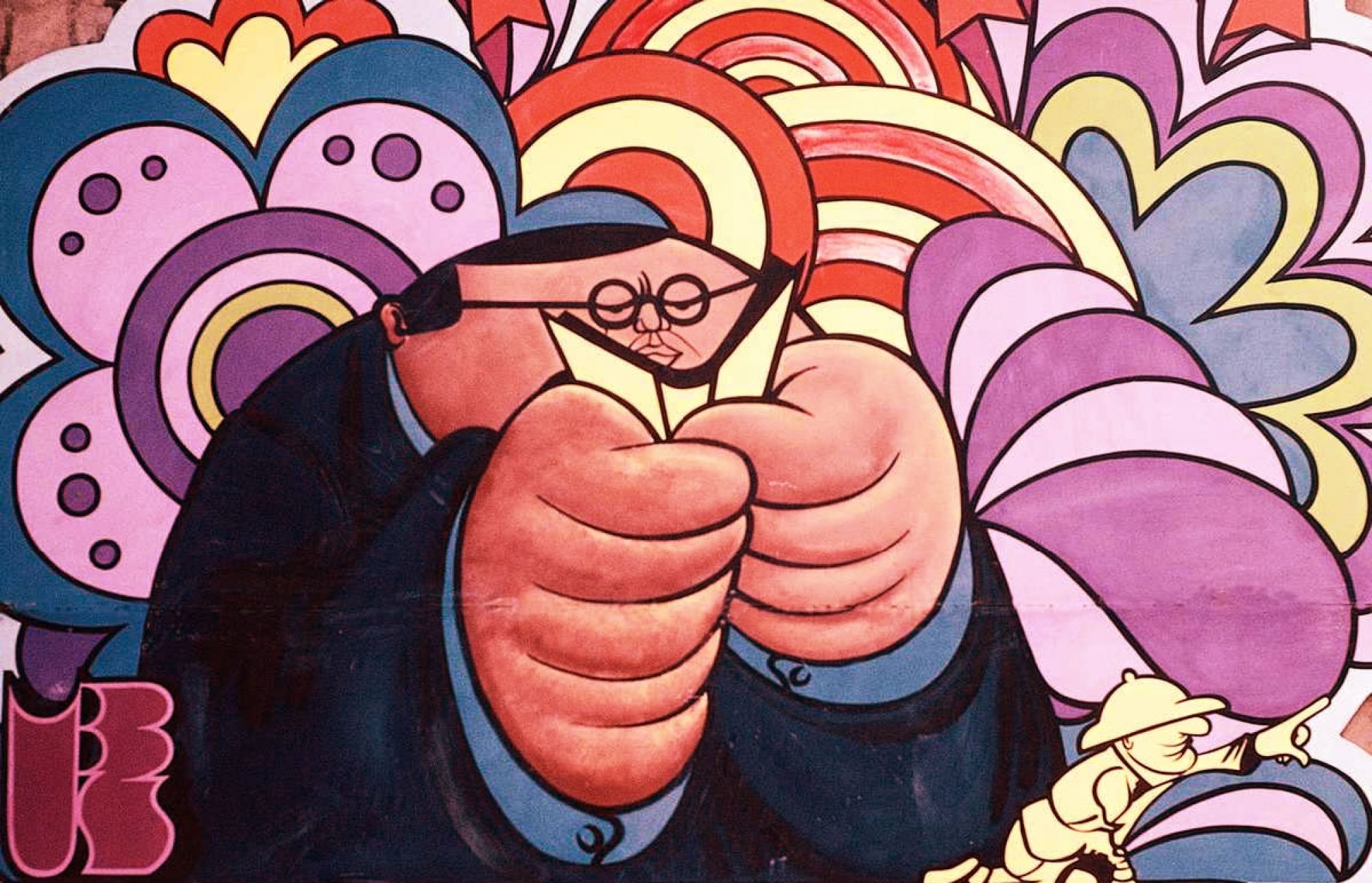The book is relevant, timely and innovative. It addresses an important historic topic and synthesises the existing literature. The authors give empirical body to some of the questions that have been raised in recent years by the theorists of post colonial history and of global history while at the same time staying on firm ground by not neglecting the ‘old fashioned’ fields of diplomatic and economic history. Crises of Empire is essential reading for students of imperialism and comparative decolonization. It also offers new perspectives for those interested in contemporary European history, international politics, and the legacies of colonialism across the developing world. Written by subject specialists, it analyses the forces that precipitated the twentieth century collapse of all Europes late colonial empires. The fate of the British, French, and Dutch colonial empires is investigated individually and comparatively. So, too, is the bloody end to Belgian and Portuguese colonialism in black Africa. Ranging from the wave of European imperial expansion in the aftermath of World War I to the collapse of the last settler colonies in Africa during the 1960s and 1970s, the authors assess decolonization as a long-term process whose roots and outcomes transcended the Cold War. They draw attention to significant changes to the international system during the twentieth century as well as to shifting popular attitudes towards colonialism both within Europes imperial nation states and within individual colonies. They also discuss the economics of empire, focusing on such factors as changing global markets, colonial urbanization, and the growth of colonial organized labour. Above all, they consider the role of Africans and Asians as agents of colonial change, highlighting the parts played by anti-colonial movements, popular protest, and armed insurgency as catalysts of Europes imperial collapse.
( Courtesy of Bloomsbury.com, paperback 457 pages )

